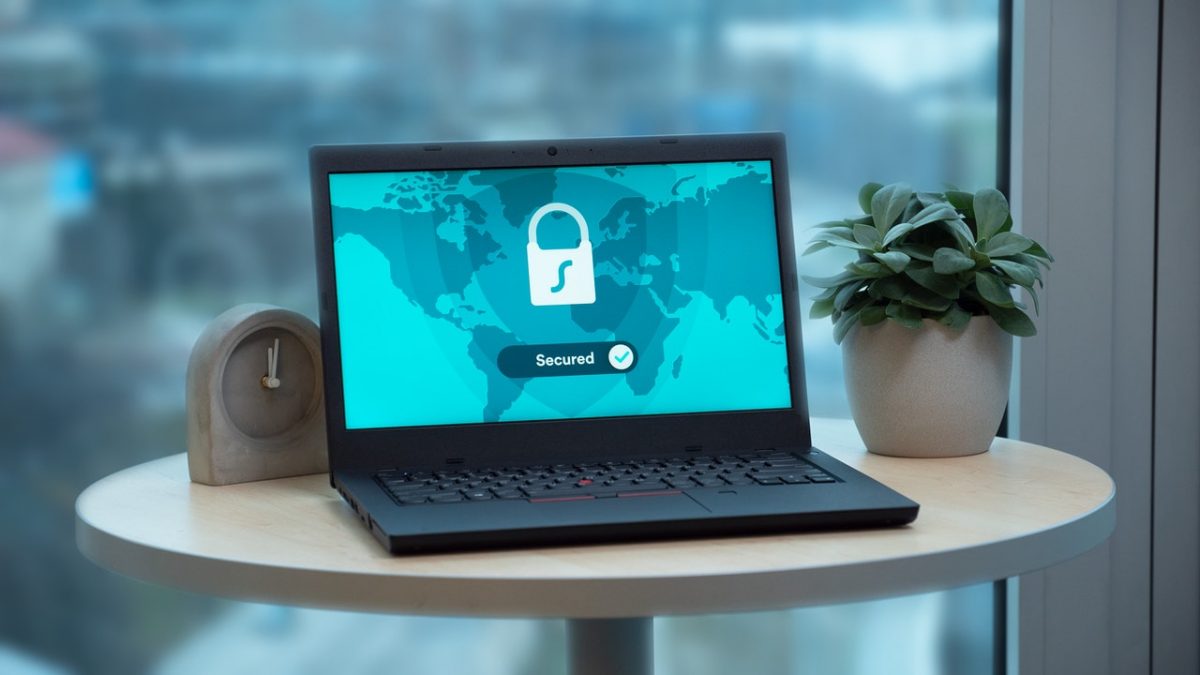In our current tech-rich era, it seems like a new invention gets released every day. Our everyday life has become so dependent on the internet that we can’t function without it. Today, we use the internet for just about anything, but as we grow increasingly tethered to the online world, some dangers might arise. For instance, we might be forfeiting a little more of our privacy than we know. This is due to the very centralized nature of the internet where online corporations can collect tons of information about their users with ease. This information is then pinned to specific individuals and sold off to data brokers who are free to utilize it as they please.
In addition to that, the increasing prevalence of online payments and finance can impose some security risks like credit card fraud and data breaches. Fortunately, some innovations in online data management and security are showing promising potential. For example, the recent widespread implementation of blockchain technology is shedding light on the flaws of conventional online finance. Right now, blockchains are mostly being used in the realm of cryptocurrency – a form of digital currency that runs on the internet. Due to their superior security and anonymity, cryptocurrencies are proving themselves better than conventional money in many ways. Besides cryptocurrency, blockchains can also be put into a never-ending number of purposes.
Modern Privacy
Who doesn’t like scrolling through their favorite social media apps and double-tapping posts they like? Social media platforms have taken the world by storm and continue to grow more and more popular every day. While they do provide great opportunities to socialize, meet new people, and keep in touch with loved ones, they can also be a huge privacy risk.
By simply scrolling through your social media page, one can tell a lot about you. If you tag your location on posts, a potential stalker can easily find out where you were and what you were doing at a specific time. In certain cases, they might be able to analyze patterns in your activity and predict your next move. It is therefore unsurprising to see an increase in the number of reported cases of cyberstalking. To protect yourself, be more wary of who you allow onto your social pages and pay attention to how much sensitive information you’re exposing with every post.
Besides that, massive online companies are working non-stop to get as much data about you as they can. It has been recently shown that data is rapidly becoming one of the most valuable resources worldwide, and there is a good reason behind that. Nowadays, most websites and online services have embedded trackers and data collectors that read your browser cookies and track your activities across platforms. This data is then compiled and interpreted by advanced AI to infer your specific interests and target you with relevant ads. Geolocation may also be factored in to provide location-accurate ads like newly opened stores around the block or water restoration services near you. Generally, this is useful not only to advertisers but also to users who are delivered relevant offers and opportunities that they are interested in. User data may also help in research and content tailoring, especially by creators and service providers.
On the other hand, certain corporations collect this data for the sole purpose of selling it to data brokers and other entities. In most cases, these buyers’ intentions remain a mystery. To stay safe, use a VPN as often as possible and avoid sketchy websites altogether.
Blockchains: A Breakthrough Innovation in Security
Blockchains are an easy way to mitigate many of the newfound dangers in the online world. The technology employs intricate cryptography to achieve unbreakable security. Once data gets added to a blockchain, it is impossible to go back and change it, making them extremely resistant to counterfeiting and fraud.
In cryptocurrency, blockchains store and validate transactions between users. They run on global decentralized peer-to-peer networks, so they are not owned by a specific entity. This makes them more private when compared to the conventional centralized internet as there isn’t any corporation that governs its activity. They are also publicly accessible, so anyone can see the transaction history at any time. This eliminates confusion and reduces misunderstandings in payments. As a result, cryptocurrency is non-custodial and has almost no limitations on transactions. Most payment services owned by private financial companies are limited to certain countries and are under massive amounts of surveillance. This is not the case with crypto, however. Any person in the world is free to create a crypto wallet and receive as many payments as they want with no limitations and very low fees.
Conclusion
For the future, blockchains and cryptocurrencies are bound to take over most online operations and data management methods. It is only a matter of time until proper software is developed to leverage the true power of blockchains. Due to the massive advantages that crypto has over traditional money, we can see the future world ditching conventional payments in favor of the more secure and environmentally-friendly cryptocurrency. In fact, the entire crypto network uses only a fraction of energy compared to that of the current banking system, and could soon use even less with the new emerging power-efficient transaction validation methods.

